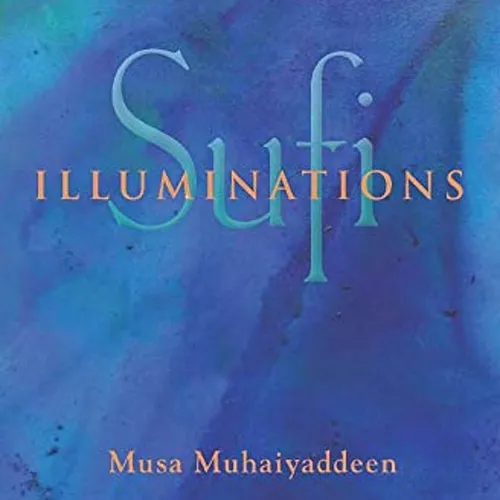#87 Consciousness
- Author
- Musa Muhaiyaddeen
- Published
- Mon 31 May 2021
- Episode Link
- https://www.thewitnesswithin.com
In the late sixties and early seventies, there was a consciousness movement in the United States. Consciousness became a major topic of discussion among young people. One of the famous phrases in that area started by a man whose name was Timothy Leary out of Harvard was, “Turn on, tune in, and drop out.” There was this acknowledgement by much of the young people in society with some assistance by older people in the same movement that the behavioral patterns of our society had somehow gone awry and that we needed all to begin a new way of encountering our existence and our attitude towards our existence.
And that was the time of a slew of Eastern gurus coming to the United States, bringing Eastern thought which really had been not much seen in this part of the world, not much practiced in this part of the world because it was separated by oceans. And actual practitioners didn’t come over that often, and all of a sudden they came in hoards. And also the cult figures, the iconic figures of the generation were going overseas to places like India and Nepal to find teachers of Eastern philosophy, Hinduism, Buddhism, etc., to try to get a new grasp on what life meant. So, questions of existence came to the forefront of what was going on amongst young people in America.
And this was fueled by a couple of different things. One of the things it was fueled by was all of a sudden there was a draft in America, and by draft, I mean people were being taken into the army, not necessarily willingly. They were being told they had to serve. So, there was a large reaction to this, and it was the anti-war movement. And this is of course the Vietnam war in the late sixties, early seventies. And when people began to question the war, they then began to question the morality of the people bringing on the war, the ethos of the people bringing on the war, and why did old people think it was ok to send young people to die? Why didn’t the old people go by themselves, and what would have happened if the old people would have to be the ones who would have to fight? Questions like these were beginning to be asked.
But then as soon as you begin to question the authority of leadership, you then begin to question the standards that the society who these leaders belong to have set up.
